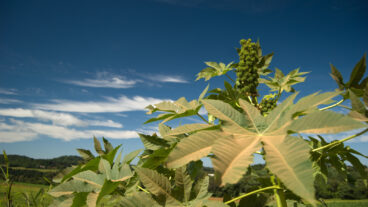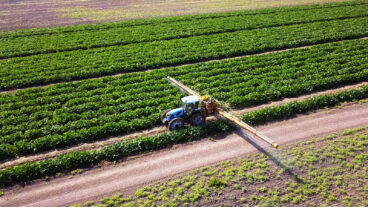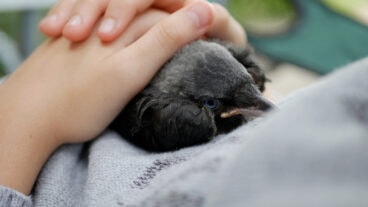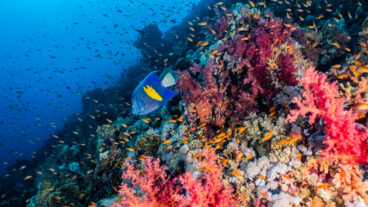If they build it, the plants will come. That is the hope of Israeli environmental expert Eli Cohen, who was recently invited by the New York State Department of Environment Protection, to see how the region’s wastewater can be better treated. He might have a solution for Brooklyn, he tells ISRAEL21c.
Cohen founded and manages Ayala Water and Ecology, a company based in Moshav Tsipori that uses aquatic plants to clean polluted water, air and soil, in a natural way. The branch of science is called phytoremediation, and it is a field that promises to give hope for humanity.
Cohen just returned from New York and explains the mission: “They showed me that they have problems [with their sewage water]. Their systems can’t cope with the new regulations, and the water going out to Hudson River isn’t [clean] enough.”
If money can be raised for a pilot plant, Cohen plans to go plant hunting in North America to see what aquatic plants can be put to work on New York’s wastewater. A few months ago, he was advising the Environment Protection Agency in Denver, about his unique methods for cleaning pollution with plants.
His complete system, which he sells through Ayala, is called NBS – Natural Biological System. The solution comprises three elements: aquatic plants that filter and decontaminate pollution, a special substrate for growing the plants, and Cohen’s know-how for aerating the unit.
The NBS solution is clean, inexpensive and environmentally friendly, he says.
“We are using nature to help nature,” Cohen tells ISRAEL21c. And finding just the right plants to use is all a matter of intuition, he notes, with expeditions leading him around the world – most recently to New Zealand.
In Israel, Cohen is busy with a number of local projects. His biggest challenge is to clean a dairy farm’s manure, and also human waste, from the ecological Kibbutz Lotan. He is also developing a unique aquatic plant-based system to remediate the spoiled land around Hiria, an old dump that once serviced the Tel Aviv region.
“The trick is to create winning combinations of plants,” said Cohen. “Each plant has a different bacterial environment and breaks down a different pollutant. The system has to be constructed according to the waste in a given location.”
With the parameters tweaked, his system can clean any kind of water in the world. In some cases, the system can be adjusted to produce secondary products, such as bio-diesel, he believes.
Among the chemicals that can be cleaned from water and land include heavy metals, hormones, and residue from gas stations. In some cases, the plants can even digest explosives and pesticides.
Cohen doesn’t know how many people are working in the business, but the gentle explorer says: “I hope there are many, because there is a lot of work to do. People understand now that commercial systems can’t cope with contemporary problems.”
Ayala Water and Ecology is a 10-person outfit that has been operating for about 20 years. With a background in engineering from the Technion – Israel Institute of Technology, Cohen gave it all up years ago to become a farmer. “And life guided me to water plants,” he says.
Today, Cohen is looking for an investment that can help him build that pilot plant in Brooklyn. “If I can show them that the system works, then the sky’s the limit,” he says.












